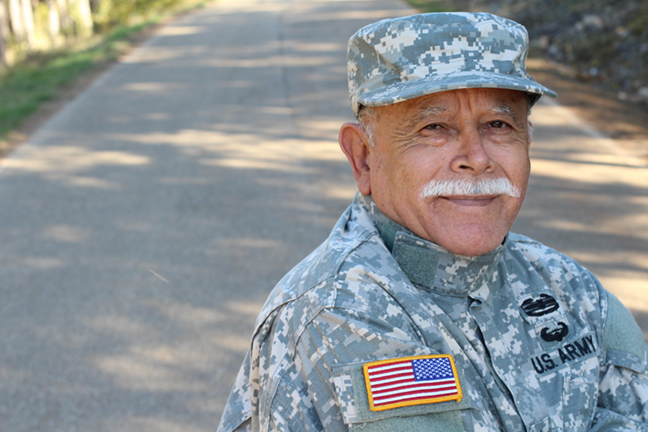VETERAN PENSION
Aide for disabled indigent war time vets

The VA Pension is unique because it is the only VA disability benefit that doesn’t require injury during military service. It is a needs-based annuity designed for truly destitute veterans with significant disabilities. Further, it may not be available if the veteran is collecting disability payments for injuries sustained during service. Accordingly, it is not for every wartime veteran.
Eligibility is based on veteran status, war time service and permanent disability (i.e., over 65 years old). But there is a financial component to eligibility. Your “net worth” must be less than $127,061. The VA defines net worth as all your eligible assets plus your net countable income. VA pension is also available to the veteran’s surviving spouse.
Its important that you start this planning as soon as possible. If you need to transfer (i.e., give away) any assets to meet the minimum requirement, the VA will look at any transfers during the previous three years to determine when you are eligible for benefits. If you transfer assets for less than fair market value during the look-back period, and those assets would have pushed your net worth above the limit for a VA pension, you may be subject to a penalty period of up to 5 years. You won’t be eligible for pension benefits during this time.
Veterans and survivors who are eligible for a VA pension and require aid and attendance of another person, or are housebound, may be eligible for additional monetary payment. These benefits are paid in addition to the Basic Pension. Accordingly, the three levels of VA pension payments:
- Basic Pension;
- Housebound – you are substantially confined to your immediate premises because of permanent disability; and
- Aid and Attendance – bedridden and require the aid of another to perform personal functions (typically confined to a nursing home).
As you might expect, you must provide the VA with evidence that justifies the Housebound or Aid and Attendance enhancements.
Why does this classification matter? It’s simple – the enhancements can entitle you a larger annual pension. For example, the Maximum Annual Pension Rate (MAPR) for a single war time veteran is:
- Basic Pension – $14,753 ($1,229/mo);
- with Housebound enhancement – $18,029 ($1,502/mo); or
- with Aid and Attendance enhancement – $24,610 ($2,051/mo).
The MAPR will increase for veterans with a spouse and/or dependent. As the name implies, the MAPR is the maximum pension you can receive. It can, and usually is, reduced if you have a positive net countable income. However, your pension is tax free.
Given the restrictions on transfers (i.e., 3 year look back) and the strict eligibility requirements, it’s imperative that you start planning for the Veteran’s pension as soon as possible. When you’re severely disabled, flat broke, and in a skilled nursing facility, the Veteran’s pension will be a Godsend.